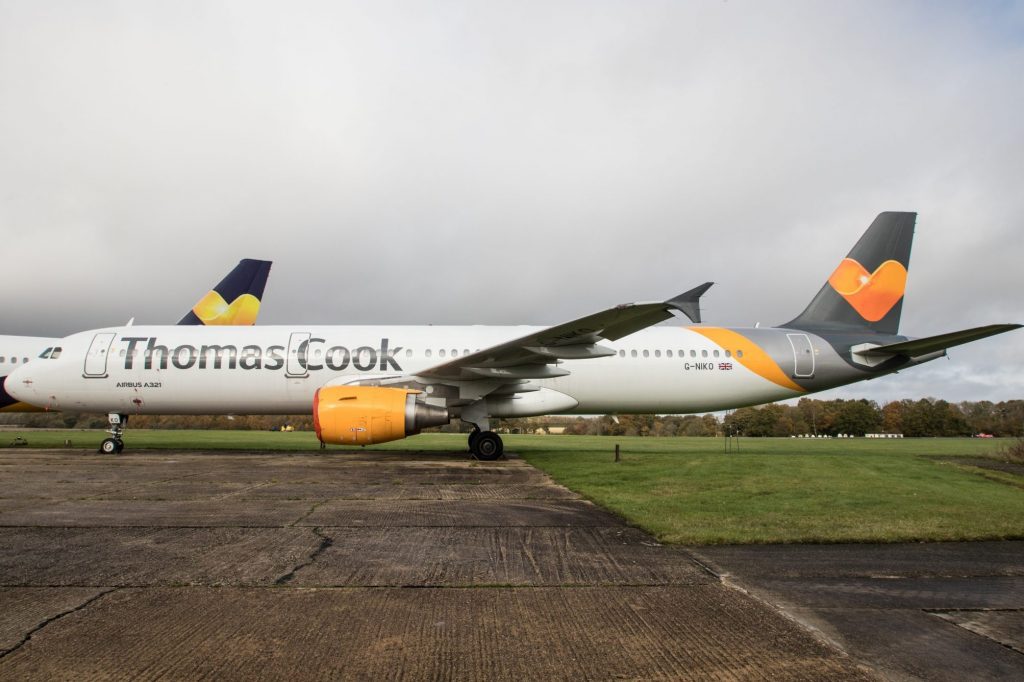Thomas Cook Collapsed Owing at Least $12 Billion

Skift Take
The financial black hole at the center of insolvent travel company Thomas Cook amounts to at least $12 billion (£9 billion) according to a new report from the UK Insolvency Service.
More than half of the total figure, around $7.6 billion (£5.7 billion), relates to debts owed to other parts of the business, but that still leaves $4.4 billion (£3.3 billion) owed to outsiders. Of this, banks and other lenders are owed $2.4 billion (£1.8 billion), suppliers $1.2 billion (£885 million), customers $780 million (£585 million), and employees $60 million (£45 million).
Beyond these headline numbers the Insolvency Service has so far declined to give any details on the individual companies involved in the claims.
The headline figure is certain to rise, given the fact that it doesn’t include a claim from the airline regulator the Civil Aviation Authority, which co-ordinated the repatriation of passengers. The $12 billion also only covers the 26 Thomas Cook which were wound up on September 23. Another 27 companies followed on November 8 — a separate report on these will follow — and there are at least another 22 companies across Europe in insolvency proceedings as well.
So far, the official receiver estimates a return of between $235 (£176) and $325 million (£244 million) from asset sales. These include retail outlets, aircraft landing slots, and various other subsidies.
Government Failure
The sheer scale of the figures involved raises questions about the UK government’s handling of the collapse and its refusal to play a bigger role in its rescue.
Thomas Cook went into liquidation on September 23 having failed to secure a rescue package. In the days leading up to the demise the company had become increasingly desperate and sought help from the UK government in the form of a guarantee of between $200 (£150) and $333 million (£250 million).
It's impossible to know whether this would have been enough to push through the financial restructure. It seems plausible that given Thomas Cook's history of financial problems it might have needed more help further down the line but even so it is clear from the recent inquiry into the company’s failure that the government simply wasn’t interested in seriously engaging with the challenge of trying to keep the company afloat.
Giving evidence to the inquiry, CEO Peter Fankhauser said he met with Transport Secretary Grant Shapps on September 9, two weeks before its collapse, but after that he had no subsequent meetings with senior government ministers.
Rachel Reeves, chair of the Business, Energy and Industrial Strategy (BEIS) Committee, which ran the inquiry, also criticised Business Secretary Andrea Leadsom and her department for the "extraordinary lack of interest shown... in the days and weeks leading up to the collapse."
Thomas Cook's directors, who have come in for a significant amount of criticism themselves, blamed factors such as Brexit, the 2018 European heatwave and online competitors, for the company's insolvency.




